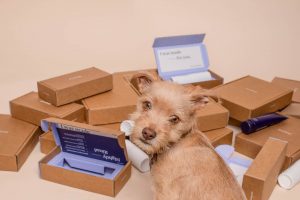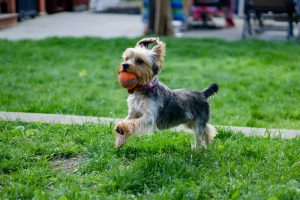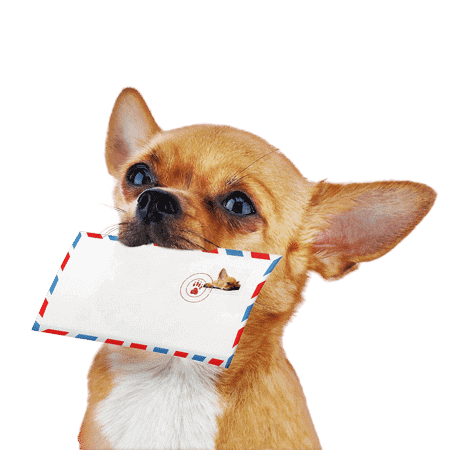Summer is not easy for our doggies. Between the heat, the sea, the sand, the parasites, you will have to be very careful with your four-legged friends.
What are the dangers in summer for dogs?
The heat
Protect your dog from the heat. He should always have a bowl of water at his disposal. Be careful if you have a puppy. They get dehydrated much faster than adult dogs.
Never leave your pooch in a car in direct sunlight; it can be dangerous for him. If you can’t help it, put your car in the shade and leave the windows ajar, but only for a minute or two! A car can turn out to be a death trap for your pet, much faster than you think!
Read also: How to cool your dog in summer?
The sea
Seawater can irritate your pooch’s skin. It is therefore important to rinse it well with fresh water after each swim. It is also important to be careful that your dog does not drink the cup because the saltwater causes diarrhoea or even poisoning in him in the event of massive ingestion.
Sand
After each walk on the beach, clean your dog’s pads well because the sand can lead to pododermatitis, irritation of the fingers. Also, protect your faithful companion from the wind because the sand in the eyes causes conjunctivitis.
Parasites
Fleas
Summer is flea season. They are much more numerous during this period. A large number of flea bites can cause anaemia. They can also be carriers of an intestinal worm: Pyridium.
Chiggers
Chiggers are mite larvae. They are orange in colour and usually occur in clusters. They are located in the ears and legs (elbow, thigh, finger) and cause severe itching.
Ticks
Their bites are very itchy. Ticks pierce the dog’s skin to feed on its blood. It is important to note that some ticks carry a parasite called Babesia Canis. This parasite will be injected, during the bite, into your dog’s blood and is responsible for the disease called Piroplasmosis.
For prevention, it is, therefore, necessary to apply an anti-parasitic treatment to your dog. It is also important that you inspect their body after each walk. In the event of a change in his behaviour (loss of appetite, depression), do not hesitate to consult your doctor quickly.
Mosquitoes
Besides the fact that their bite can be irritating and that your dog risks scratching very strongly, mosquitoes can transmit certain serious diseases if you stay in the south of France: these are leishmaniasis and heartworm. It is therefore imperative to treat your dog well against mosquitoes and not to leave him outside too much at night. Inside your home, also use mosquito repellants or a mosquito net.
The wasps
Their bite can be dangerous if your dog is allergic. If your pooch ingests a wasp, he may have an inflammation of the throat that may interfere with his breathing. Watch your dog when he plays with a wasp and prevent him from catching him. If he’s allergic and your dog has been stung by a wasp, take him straight to your vet.
Vipers
If your dog has been bitten by a viper and has been inoculated with a small dose of the venom, he may have oedema or superinfection. If the dose is very large, the risks are greater: heart problems or coagulation. In case of a viper bite, consult your veterinarian immediately.
Spikelets
Spikelets are seeds of wild grasses. They attach themselves to the dog’s hair. It is through the movement of your dog that they can insert themselves into his ears. The lodge in the ear canal and can reach the eardrum. It can be very painful. Some spikelets can even pierce the eardrum.
Likewise, they can also be inserted in the nose, in his genital tract, in his eyes, under his skin or in his nostrils. These spikelets can be found in meadows and near trails. After a walk in nature, it is best to check that these grasses are not clinging to your dog’s hair.





